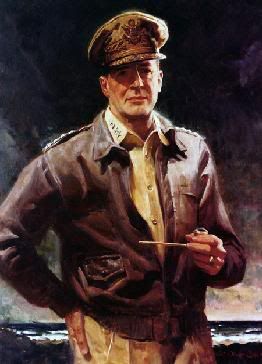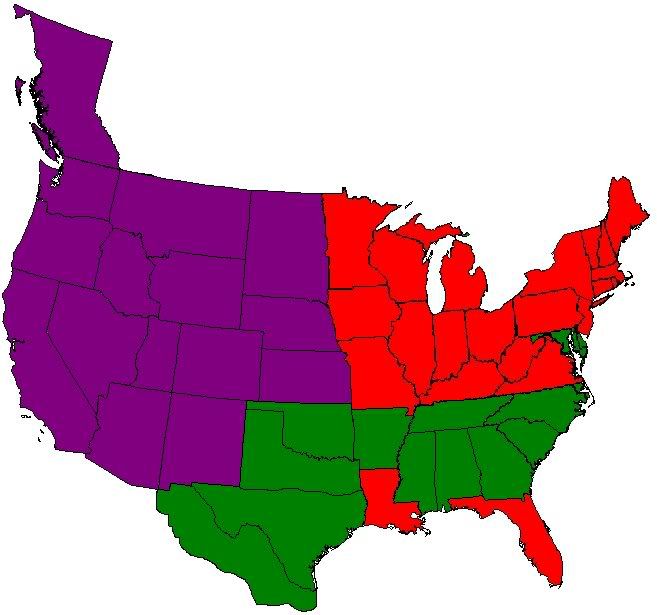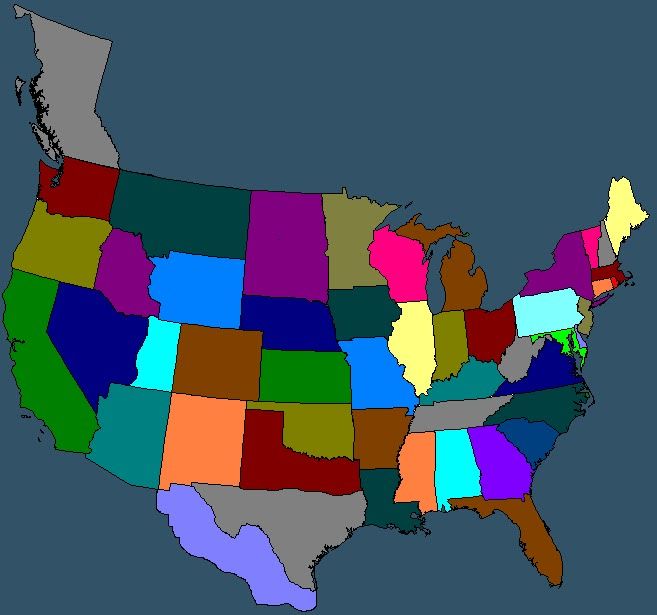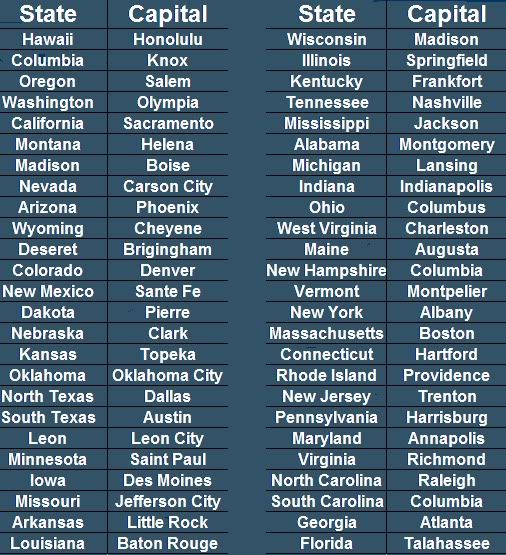How Far We've Come
~~
A review of the last 100 years.
(The United States of America. In 1959 the Union was Expanded to include Hawaii as the 52nd State)
From Top Left to Bottom Right
In 1836 the long term of Jackson (Andrew I to his Whig opponents) came to an end. As the hero of New Orleans rode off into the sunset, he was replaced by the less-able Martin Van Buren. It was Van Buren who saw the fall of Texas, an American ally, to Mexico and the stain carried him out of office 4 years later. He was replaced by Founding Father John Forsyth, who, after a year in office, passed away. Forsyth's vice president, Mahlon Dickerson, took over. Dickerson saw 1842 bring the United States into war against Mexico, ending 2 years later with minor extensions of American power into the West. In 1844 Henry Clay rose from the halls of Congress to the White House, and compromised his way into infamy. Bending to the will of the hawks, Clay pushed the British for the Columbia territory in the Pacific, and had his presidency extended by the Ballot Crisis of 1848.
Martin Van Buren (Democrat); John Forsyth (Democrat); Mahlon Dickerson (Democrat); Henry Clay (Whig)
In 1850, the American Party (also known as the Know-Nothings) rose to prominence and power under the guidance of Charles M. Conrad of Louisiana. From 1850 to 1858, Conrad led a nation at war. Under flimsy pretenses Conrad went to War with Mexico, only to find himself besieged by Slave Revolts and the Métis Revolution in Columbia. The American Party went out as quickly as it came in as Conrad saw his legislature turn against him even with conquest of the South-West. But with the influx of new states, the ugly specter of civil strife reared its head. William Patterson would drive the American army into Texas, and become embroiled in scandal as a war of personal conquest brought him out of office. He was replaced by a Republican, Daniel Clark. Clark lead the Union in its 3 year conflict against the South (but for Texas). By temporary amendment, Clark served from 1866 to 1872 to realign the 4 year cycle of the Presidency. Clark was succeeded by the forgettable Thomas Ewing Jr who saw power slip away during the post-war economic crisis.

Charles Conrad (American); William Patterson (Democrat); Daniel Clark (Republican); Thomas Ewing Jr (Republican)
Justin Smith Morrill lead the nation back into conflict, this time marching to liberate Central America from Franco-Italian influence. He is followed by Rutherford B. Hayes, who drives the United States into another war, this one less successful as the American army slugged its way through the Colombian Republic. Hayes was undermined and replaced after one term by Benjamin Harrison, who saw the admittance of the West into the Union and officially ended Reconstruction in the South. In all, Harrison welcomed 8 new states into the Union, ironically bringing with them the eventual opponent of the Republican Party, the Populists. Harrison also brought Americans into control of Hawaii (directly) and Haiti (indirectly). Harrison was defeated after 4 years by Populist John Daniel, a Southern former Democrat who helped bring about the first major reforms in the rights of industrial workers.

Justin Smith Morrill (Republican); Rutherford B. Hayes (Republican), Benjamin Harrison (Republican); John Daniel (Populist)
The Populist wave continued as William Vincent Allen seized control of the party. It was Allen who saw the sinking of the USS Maine off the coast of Cuba following the gradual slipping of American economic influence in Central America. Allen had the misfortune of seeing the First European army land on American Soil, near Baltimore, since the War of 1812. Despite the setbacks, Allen was able to, through sheer force of will, split from the Populists and win re-election as a Republican. He would end the Spanish-American war in 1901, only to see American troops brought into another conflict, this one in China. By the end of his 2nd term Allen had established an American Empire. He was followed by Republican David Clough, who continuing in the drive to empire, battled with the French over Indochina. The war is, disappointing, and Clough's two terms forgettable. He is replaced by the stubborn Robert Bacon, who's devious maneuvering secured him unpopular but strong power. Bacon began pulling back on the Populist agenda, and supported Prohibition, but his weak foreign policy adventures doomed him to defeat by his own party. The energetic populist-Republican Teddy Roosevelt swept Bacon from his office, but kept his Vice President William Howard Taft. Roosevelt purchased the Danish West Indies (The Virgin Islands) from the cash-strapped Danes and set the stage for the eventual American domination of the Caribbean.

William V. Allen (Populist/Dem-Republican); David Clough (Republican); Robert Bacon (Republican); Theodore Roosevelt (Republican)
It was Taft who replaced Roosevelt when the latter died in office in 1919. For a year, Roosevelt was bedridden, even as the American Army aided the Communist Revolution in China, helping drive back Austrian-backed imperial armies. It was however, what happened in Europe that so ignited the world. Austria invaded Serbia setting off a conflict which would last for almost 20 years (on and off) and involve every major power in the world. Taft, likeable and high spirited, had no desire for the White House, and so was happy to see it fall to Hiram Johnson of the Socialist Party (successor to the Populists) in 1920. For eight years, Johnson undid the damage Bacon had accomplished in four. Johnson saw the purchase of Jamaica, the Bahamas, the Leeward Islands and Trinidad. As a Socialist, Johnson was also deathly afraid of the red taint, and so abandoned the Chinese revolution and outcast many within his own party. He also orchestrated the destruction and liberation of the United States of Central America into their independent republics. As his final act, he led the Americans into war against the Empire of Japan after the Japanese invaded the recently freed Philippines. The two year conflict saw the American fleet become dominant in the Pacific. Following Johnson was the like-minded Herbert Hoover, who's presidency came to an end after the disastrous American entrance to the great war led to the sinking of the American Atlantic fleet by the Germans. Hoover brought British Angola but lost to Roosevelt in 1932. Roosevelt pulled America out of war, but was in turn knocked aside by the Great Depression which followed the end of the Great War.

William Howard Taft (Republican); Hiram Johnson (Socialist); Herbert Hoover (Republican); Franklin Roosevelt (Socialist)
Roosevelt was swept aside by the charismatic, driven and eager Douglas MacArthur who set out to end the depression as best he knew how; conflict. The 4th Mexican-American war ended in less than a month as Operation Lightning swept aside the Mexican Army. The resulting spending and business opportunities pulled the United States, and the world, out of war. After 8 years, MacArthur became bored with public office and left his party, the Nationalist Party (inheritors of the Democrats who dissolved after 80 years out of power) out in the cold. MacArhur was followed by another military man, George C. Marshall who saw the rise of the American industry to unparalleled heights, and who in turn became disgusted with the bickering of politics and stepped aside for Arthur Hendrick Vandenberg to win office in 1948. Vandenberg's term would end after just two years and his Vice President would take office and lead the country into the 1950's. Earl Warren would witness the start of the second Great War.
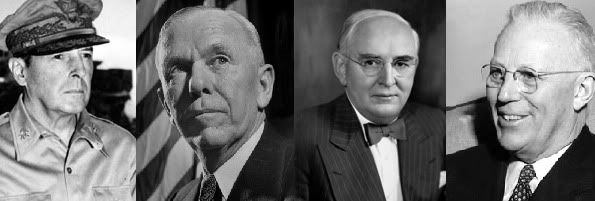
Douglas MacArthur (Nationalist); George C Marshall (Republican); Arthur Vandenberg (Republican); Earl Warren (Republican)


